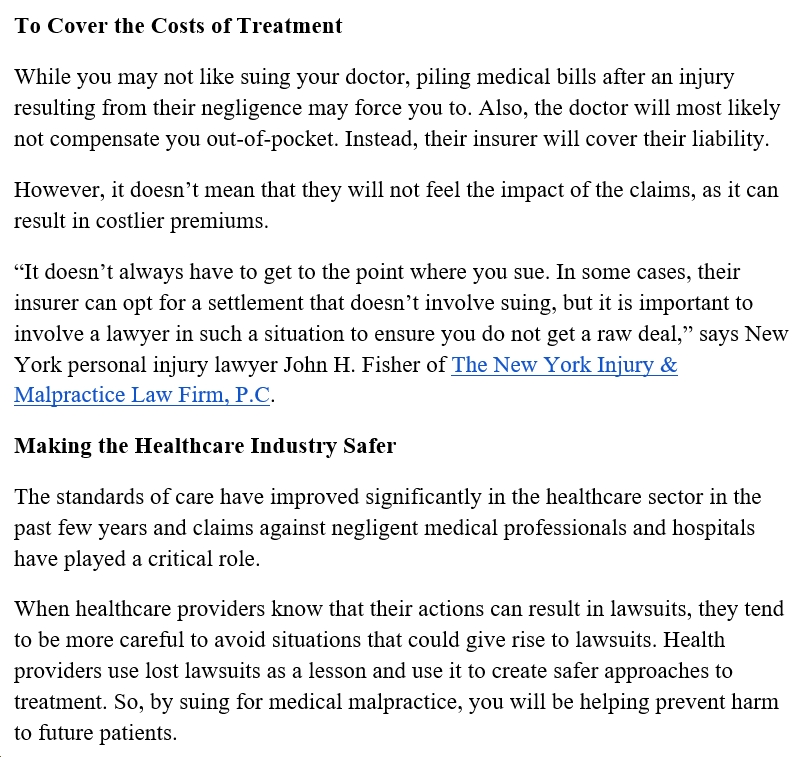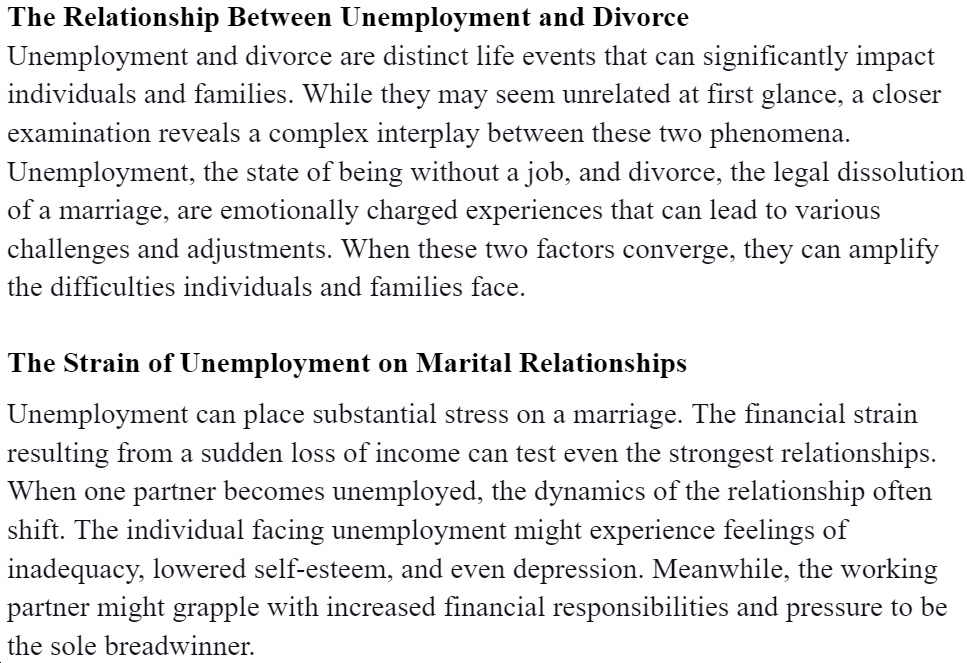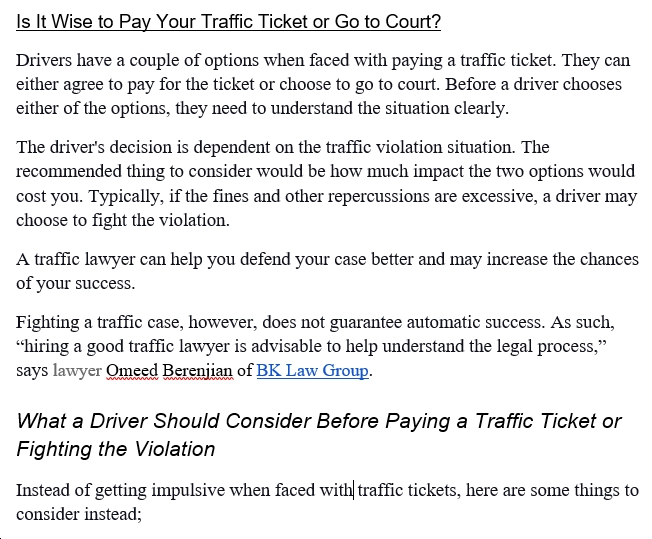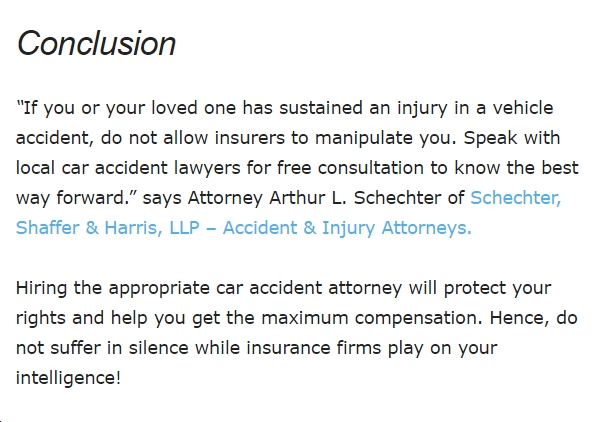SPONSORED CONTENT
Well over 90 percent of all criminal cases resolve through a plea bargain. A plea bargain agreement means pleading guilty to a charge and giving up your right to challenge it.
Prosecutors and judges often apply this option when resolving cases to reduce the cost and time of resolving a case. This approach to criminal justice though popular, has some pros and cons.
So before taking a plea, it is important to weigh the pros against the cons.
Pros of Taking a Guilty Plea
The first advantage of taking a guilty plea is saving time. Trials can take months or even years to resolve, depending on the complexity of a case. Going to trial means spending months or years with a case hanging on your shoulders. On the other hand, taking a guilty plea means facing your case head-on and resolving it as soon as possible.
You can also spend less on attorney fees by resolving your case early. So, if you have a case where you feel you will get a conviction anyway, taking a guilty plea can help you avoid spending money only to get a conviction.
The outcomes of going to trial can be very uncertain. For people that do not want to gamble with the uncertainties, pleading guilty to a lesser charge is a good option.
Also, pleading guilty to a lesser charge means less severe punishment. For example, if you are charged with first-degree murder, which could carry penalties such as life without parole or death, taking a guilty plea for second-degree murder, which carries penalties of years in prison, can be a good bargain.
The Cons
There is also the ugly side of virtually anything, including pleading guilty. First, pleading guilty will mean having a criminal record that can significantly affect your life. So, if you know you are innocent of a crime, it’s worth going to trial to avoid getting a bad record for crimes you didn’t commit.
Some jurisdictions have rigid statutory requirements for sentencing. That means the prosecutor will have to abide by the statutory requirements when striking a deal which could mean you could still get relatively harsh punishments even after taking the deal.
After a plea bargain, the final word is with the judge. If the judge feels like the deal is not fair, especially if other people have suffered harm from the defendant’s conduct, they could throw out the deal and impose a harsh sentence.
Pros and Cons of Going to Trial
If the cons of pleading guilty outweigh the pros, it’s perfectly fine to go to trial. “You may want to have a lawyer involved to ensure that your choice doesn’t make the situation complicated for you,” says criminal attorney Adam Rossen.
Going to trial allows your lawyer plenty of time to gather the evidence required to build a solid case. Also, it allows you to buy time to spend with your family before you go to jail, especially in situations where you know that going to jail is unavoidable.
Also, it is the only sure way of getting acquitted. So if you are sure about your innocence and feel there is no way you could plead guilty, going to trial is the only way out. The bad side is that you will risk getting the maximum penalty for your charges if convicted.

















